
With 200 million people aged between 15 and 24, Africa has the largest population of young people in the world. Yet there are not even close to enough jobs for this quickly growing demographic – according to the World Bank, young people account for 60% of Africa’s unemployed.
Youth unemployment is a significant socio-economical challenge in Africa, which is only going to get worse based on current projections. By 2050 it is estimated that 400 million people under the age of 25 across our continent will be in need of sustainable employment.
The advancement of technology and the ever-expanding IT sector provides a clear opportunity to ensure sustainable employment for young people, but so few seem to take advantage of the digital age we live in.
Our schools still educate on outdated topics, while companies cry out for tech proficient employees. Businesses in turn often judge candidates for roles by metrics that do not apply, looking less at transferable skills and more at academic grades.
I am often shocked by the sheer number of young people glued to their smartphones, either betting or finding out the football scores, rather than spending their time gaining valuable skills that could help them get an advantage in finding sustainable work.
This is something I am desperate to change.
With Built Accounting, I am hoping to address youth unemployment through the provision of financial services training to African youths who go on to assist the over 22 million small businesses in Africa, four percent of which identify access to finance as a significant hindrance to their growth, due to a lack of reliable financial data to prove their creditworthiness.
Just over one in four SMEs on the continent currently keep their financial records on a digital application, mostly Excel, while 40% still use pen and paper for their financial records, and almost a third keep no records at all.
It has become increasingly apparent that infrastructure, industry and innovation is a key facilitator of growth and development in a connected world. Yet one of the main barriers to the growth of SMEs in developing countries is their lack of access to finance. This limits the mobilisation of resources, start-up prosperity, and the flourishing of communities.
To solve this systemic issue, we look to coach unemployed university and high school graduates, through our Associate Program, in using cloud accounting applications and team them up with small and medium-sized enterprises to provide low-cost services.
The web and mobile app is designed to make financial record keeping simple for the SMEs and encourages the practice to become routine by enabling users to easily share their financial data with lenders, thus lowering the barrier to getting a loan.
Ultimately, Built provides a platform for young people to gain vital skills, experience, income and sustainable employment, while the SMEs are provided with an easy-to-use digital app so they can keep track of their transactions, and their barriers to access funding are lowered thanks to these better records.
Built Accounting was selected as the winner of One Young World’s Lead2030 Challenge for Sustainable Development Goal 9; Industry, Innovation & Infrastructure. The UN Sustainable Development Goals are an ambitious plan to create a sustainable future. These 17 goals address global challenges such as climate change, economic inequality, peace and justice among many others.
Goal 9 aims to build resilient infrastructure, promote inclusive and sustainable industrialization and foster innovation; and it has become increasingly apparent that these elements are key facilitators of growth and development in a connected world and yet are barriers to the growth of SMEs in Africa and other developing countries.
The Challenge 9 is supported by Standard Chartered Bank, and they are supporting us with their experiences and technology to especially create better financing opportunities for SMEs in Africa.
This is a worldwide call to action. Requiring widespread support from the government to public alike to ensure we leave a better planet for future generations.
What is necessary – as we work towards achieving the SDGs by 2030 – is for more innovation to come to the forefront that can provide sustainable employment to as many people that need it as possible, while benefitting the businesses that employ their services.
But innovation needs the backing of governments, whom must foster an environment for the brightest ideas to flourish.
And it is in the interest of our lawmakers to lay the foundations for innovative start-ups to thrive, for our wider economies to do the same. Financial services are an integral component to trade and commerce, a sector that is driven by entrepreneurs and small businesses.
Entrepreneurship has the potential to create millions of jobs in Africa, but also provide skills and experience for young people to have in their arsenal to build and develop a sustainable, digital future.
For so long Europe lagged behind the US and much of Asia as a home for tech entrepreneurs, with massive barriers to funding. Now its start-ups compete with the best of Silicon Valley and Shenzhen.
There is no reason that Africa, a continent of 1.2 billion people, and the highest concentration of digitally-engaged under-25s anywhere on earth, should not become the next great investment hub. But to do this we must continue building the infrastructure for more employment opportunities across the continent.
Edward Neequaye is the founder of Built Accounting, and winner of One Young World’s Lead2030 Challenge for Sustainable Development Goal 9
One Young World is the global forum for young leaders. The annual One Young World Summit convenes the brightest young talent from every country and sector, working to accelerate social impact. Delegates from 190+ countries are counselled by influential political, business and humanitarian leaders such as Justin Trudeau, Paul Polman and Meghan Markle, amongst many other global figures. The next One Young World Summit will be held in London, UK (22 - 25 October 2019).
Read Full Story
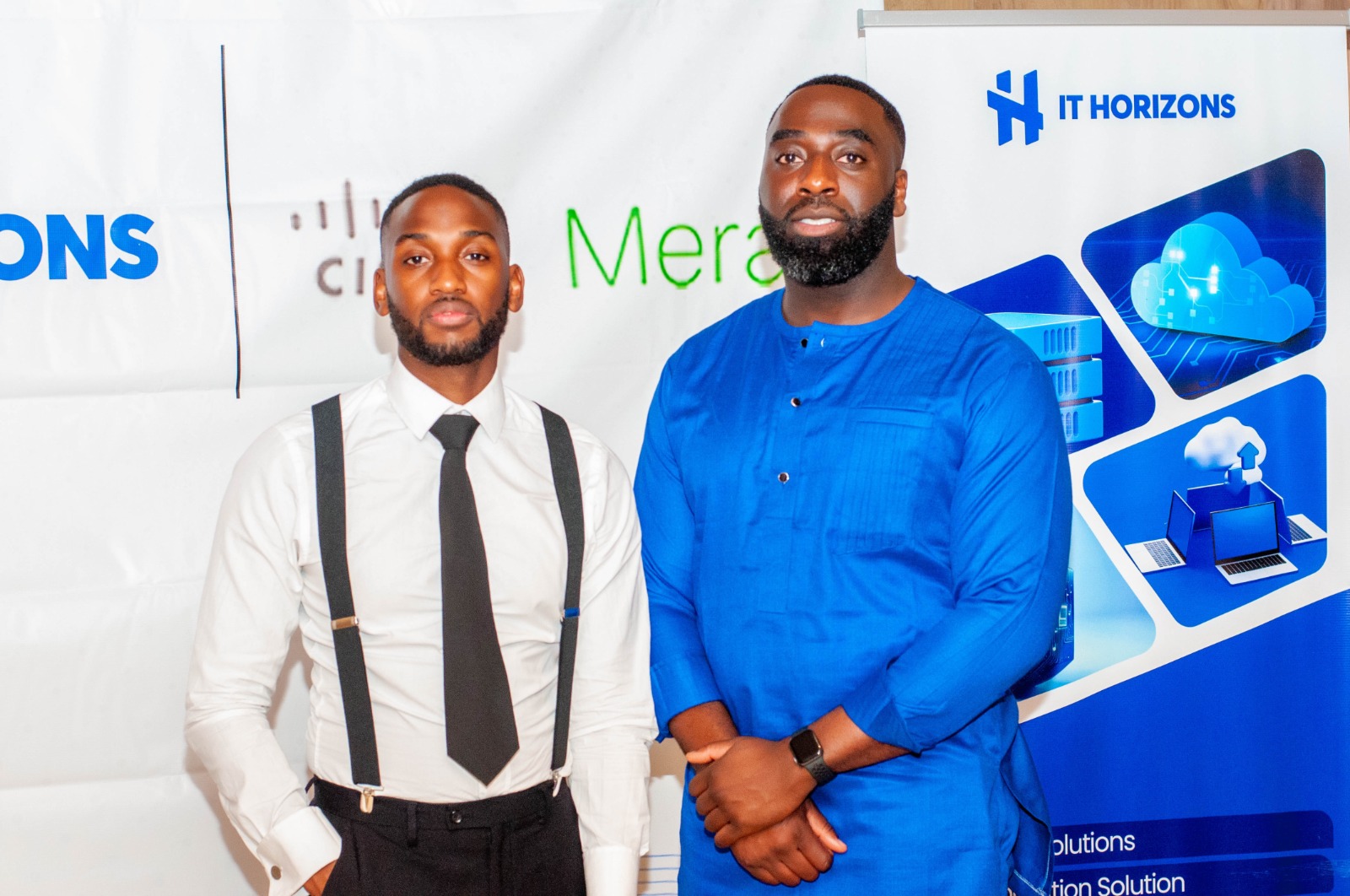
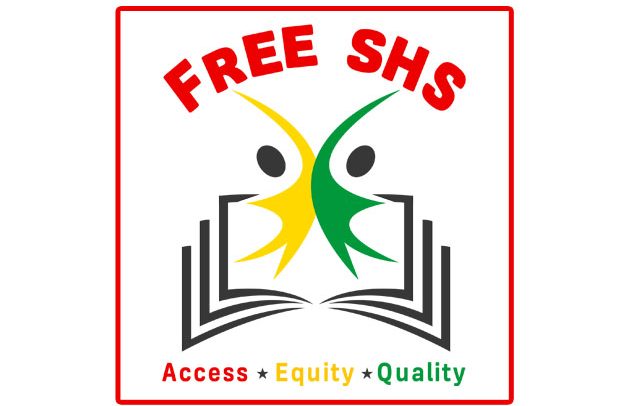











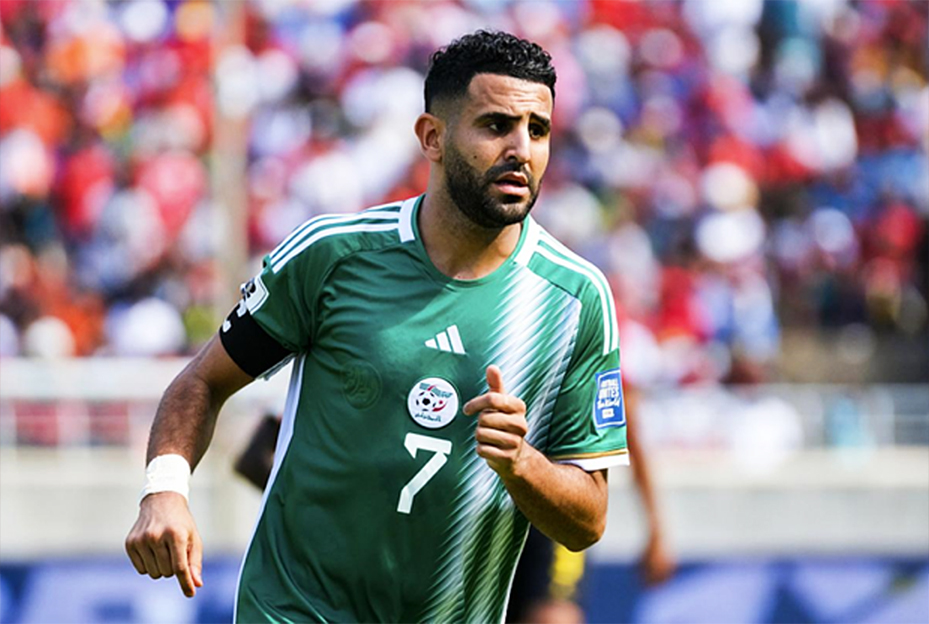


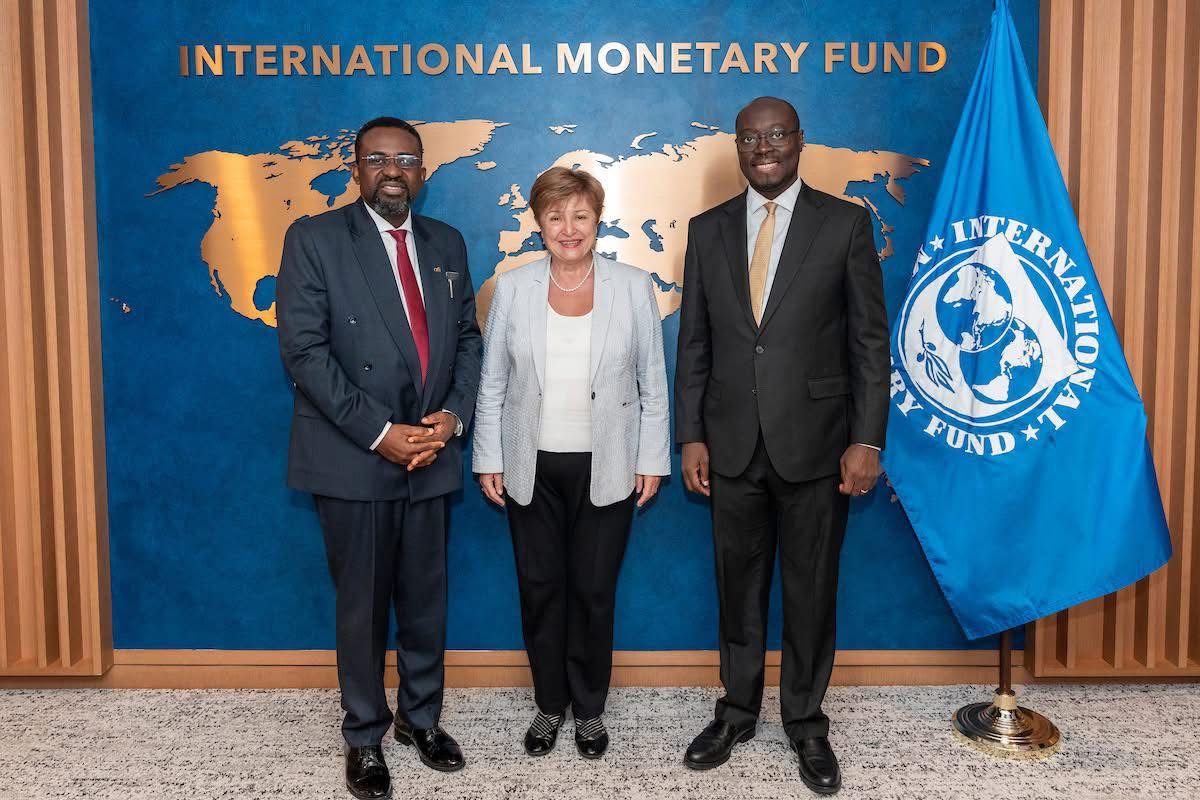

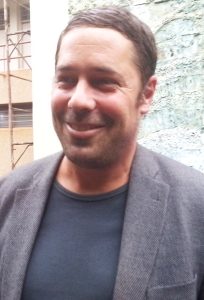
Facebook
Twitter
Pinterest
Instagram
Google+
YouTube
LinkedIn
RSS